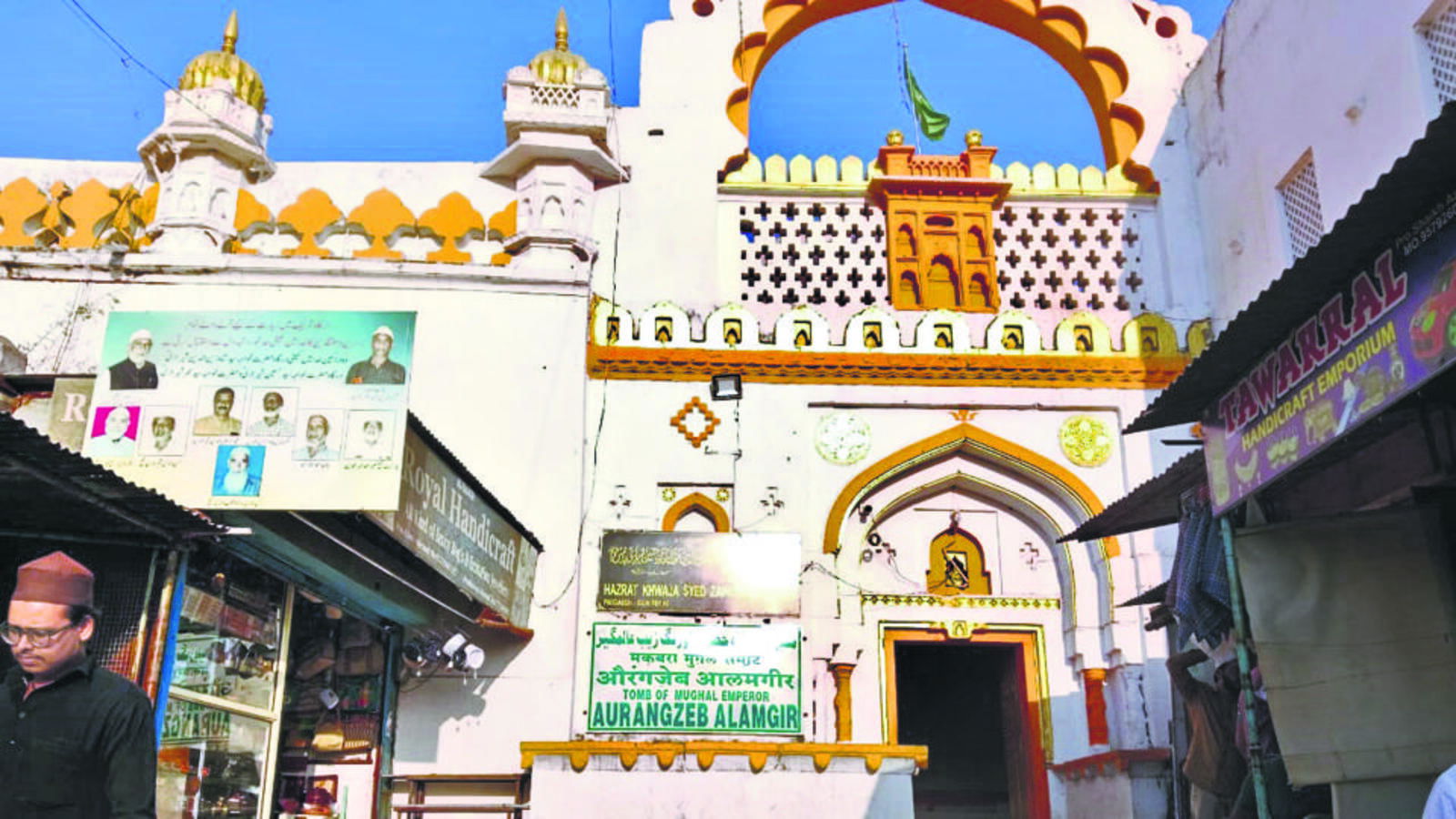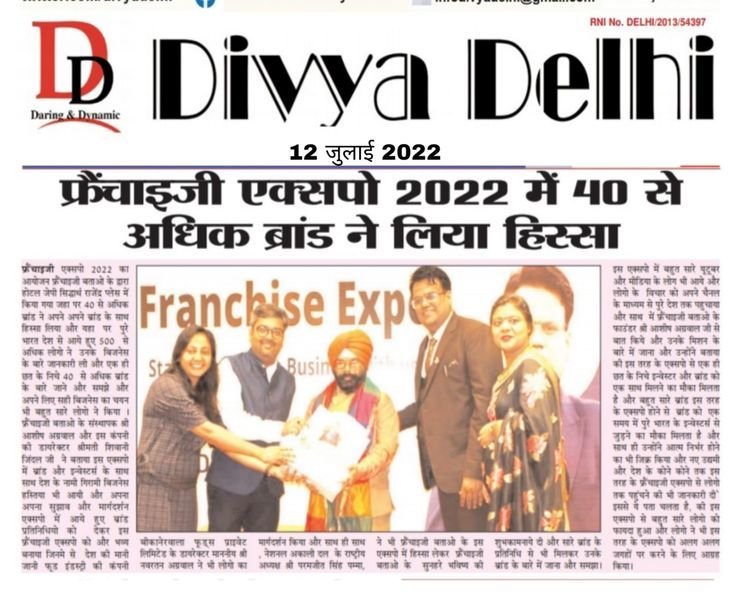
Divya Delhi: Nagpur's past and present clash forcefully. A film about a stern, puritanical Mughal emperor who took power 300 years ago after a blood bath sparked the communal strife. Politicians on both sides of the aisle found Aurangzeb's bloody legacy—brought to life in the Bollywood historical drama—still sparked Hindu-Muslim tensions. This article does not argue over who started Nagpur's fires—BJP or Opposition. Focusing on the transient politics over Aurangzeb risks misdiagnosing the condition. Hidden intellectual manipulation from decades before is the real reason. After independence, Nehruvian historians secularized India's history in the name of progressive. This deception went as far as denying Hinduism's existence and burying India's ancient civilization's Hindu origins. Muslims were thought to only be comfortable in a de-Hindu India. Another part of this elite intellectual experiment was erasing evidence of Islamic settler imperialist excesses. In practice, generations of Indians studied school and university texts that praised a "composite culture" or "Ganga-Jamuni Tehzeeb." After independence, the Committee on School Textbooks of the Government of India recommended "a creative and purposeful interpretation of history and a judicious selection of historical truths" in 1969. Akbar was portrayed as a symbol of Hindu-Muslim harmony, despite the fact that his syncretic invention of "Din-e-Ilahi"—divine religion, which included all sects—was not universally embraced. A fatwa against Akbar's liberalism was issued by a rigid, ulcerous priesthood. Jehangir, Akbar's son, was portrayed as a colorful romantic, unlike the monarch who reignited Mughal fanaticism in India.
- Education(148)
- India(771)
- Entertainment(399)
- Sports(272)
- Business(226)
- Bollywood Hollywood(95)
- International(196)
- Life & Style(91)
- Opinion(139)
- Educational(5)
- Crime(7)
- Technical(6)
- World(18)


